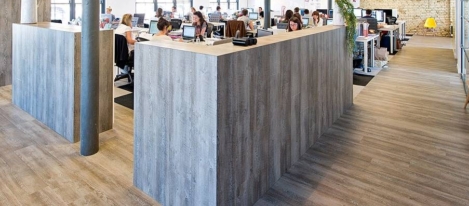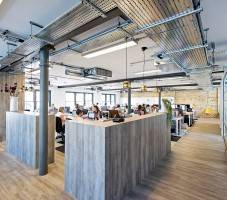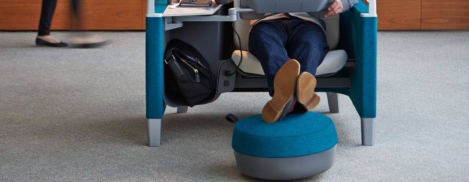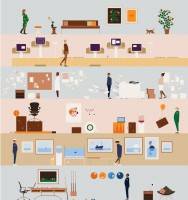July 20, 2015
Majority of women do not feel they are discriminated against at work
 The overwhelming majority of women do not feel they face discrimination at work, according to a new report based on data from 170,000 UK workers. However, the study from the Great Place to Work Institute does identify a number of challenges that women face at work. The report – Women at work. Is it still a man’s world? – highlights the need for employers to pay closer attention to the specific differences between men and women’s experiences at work, rather than just focusing on overall results. The authors suggest that ‘this will help to identify and address any inequalities such as making pay and promotions more transparent and ensuring policies and practices are gender and age relevant’. The study makes clear that it is the combination of age and gender that presents the greatest challenges, especially in ensuring diversity in senior roles.
The overwhelming majority of women do not feel they face discrimination at work, according to a new report based on data from 170,000 UK workers. However, the study from the Great Place to Work Institute does identify a number of challenges that women face at work. The report – Women at work. Is it still a man’s world? – highlights the need for employers to pay closer attention to the specific differences between men and women’s experiences at work, rather than just focusing on overall results. The authors suggest that ‘this will help to identify and address any inequalities such as making pay and promotions more transparent and ensuring policies and practices are gender and age relevant’. The study makes clear that it is the combination of age and gender that presents the greatest challenges, especially in ensuring diversity in senior roles.

































July 9, 2015
Many employers discourage home working, unless it is out of hours
by Sara Bean • Comment, Flexible working, News, Wellbeing, Workplace
(more…)